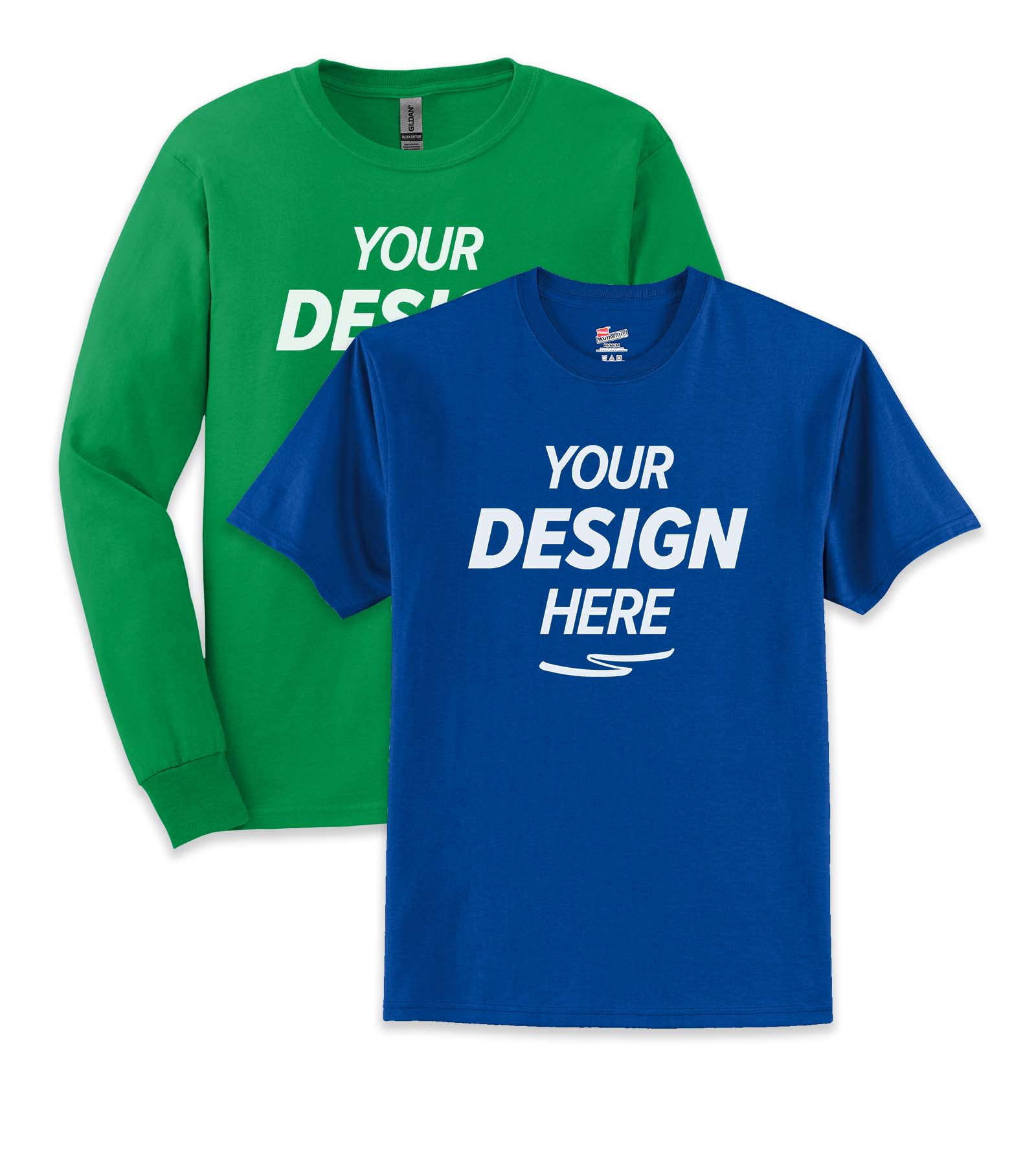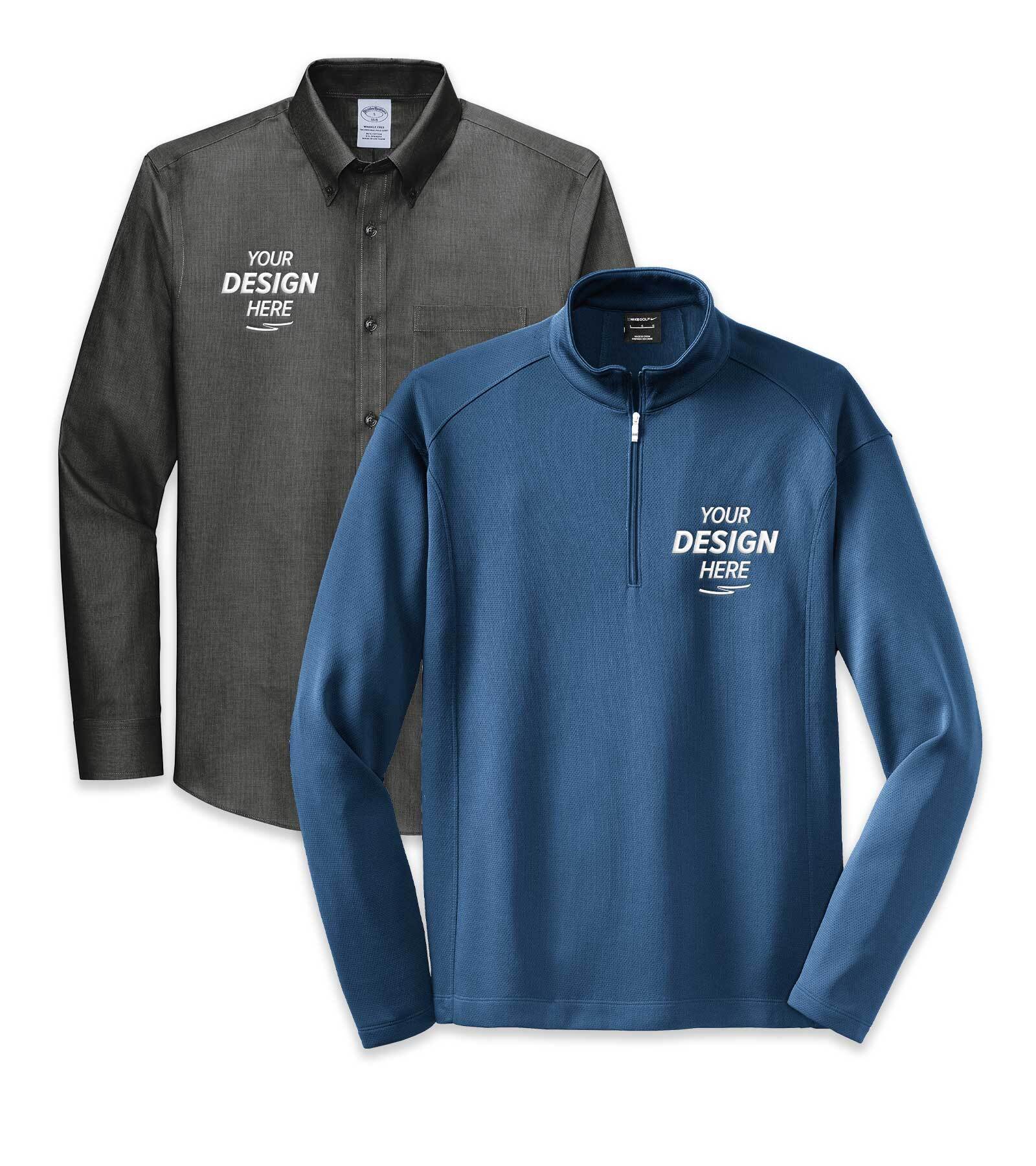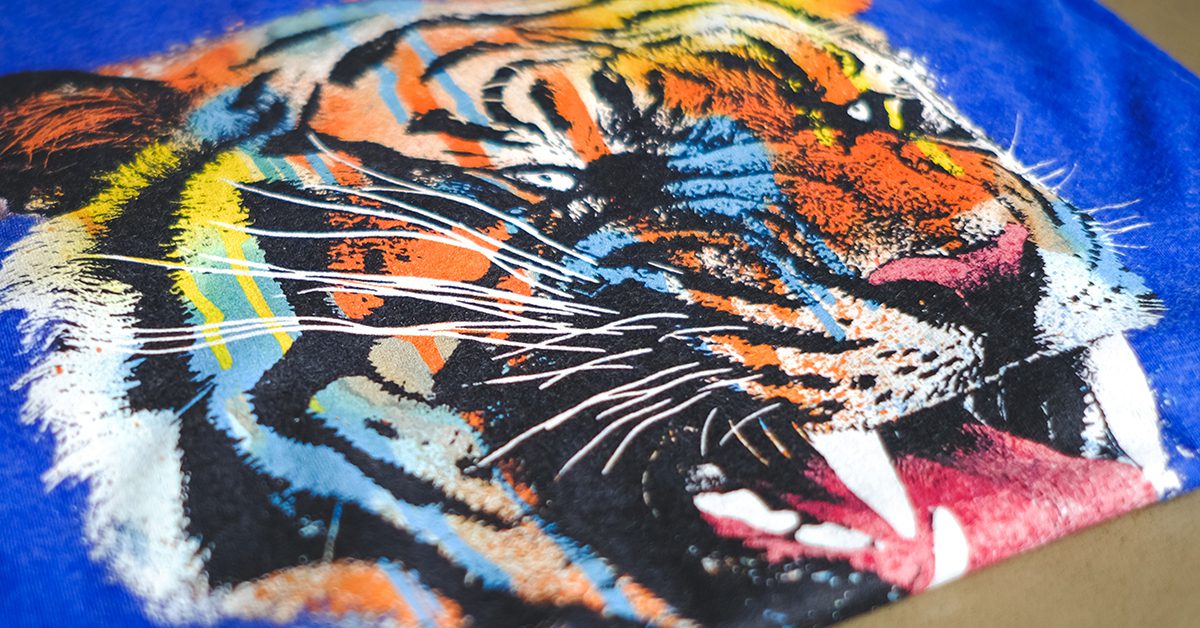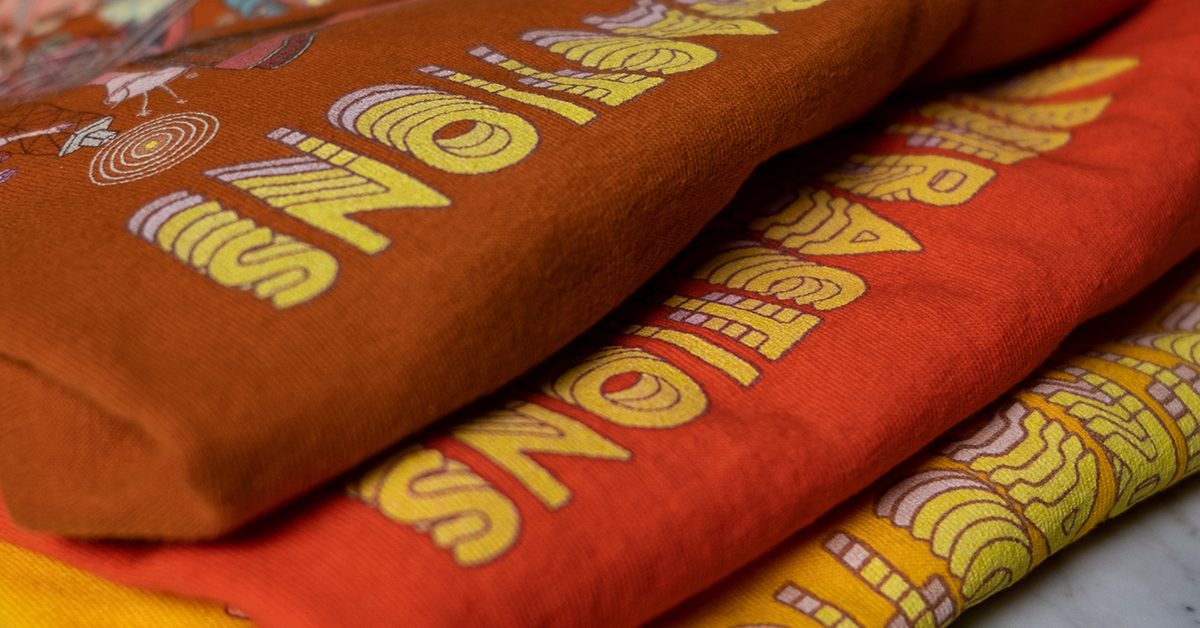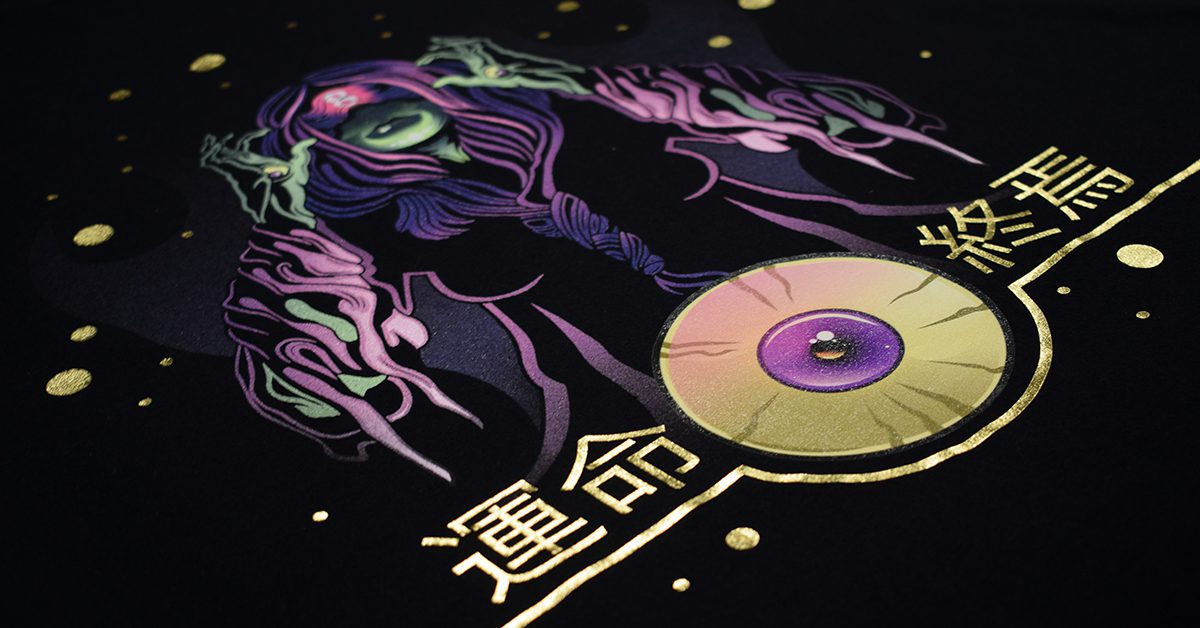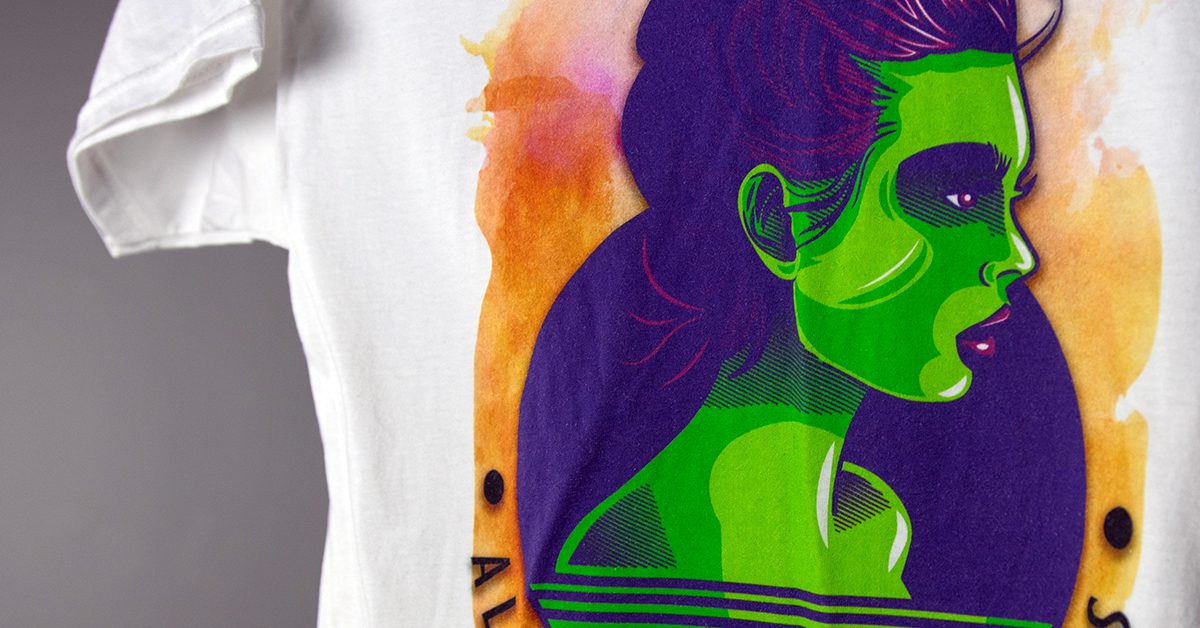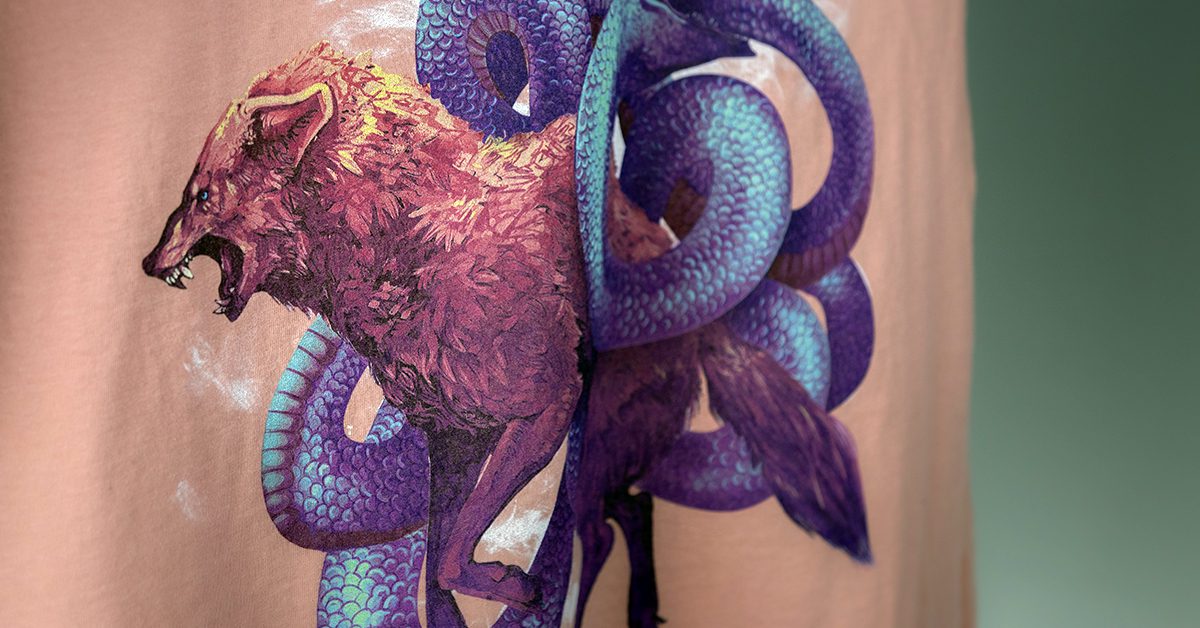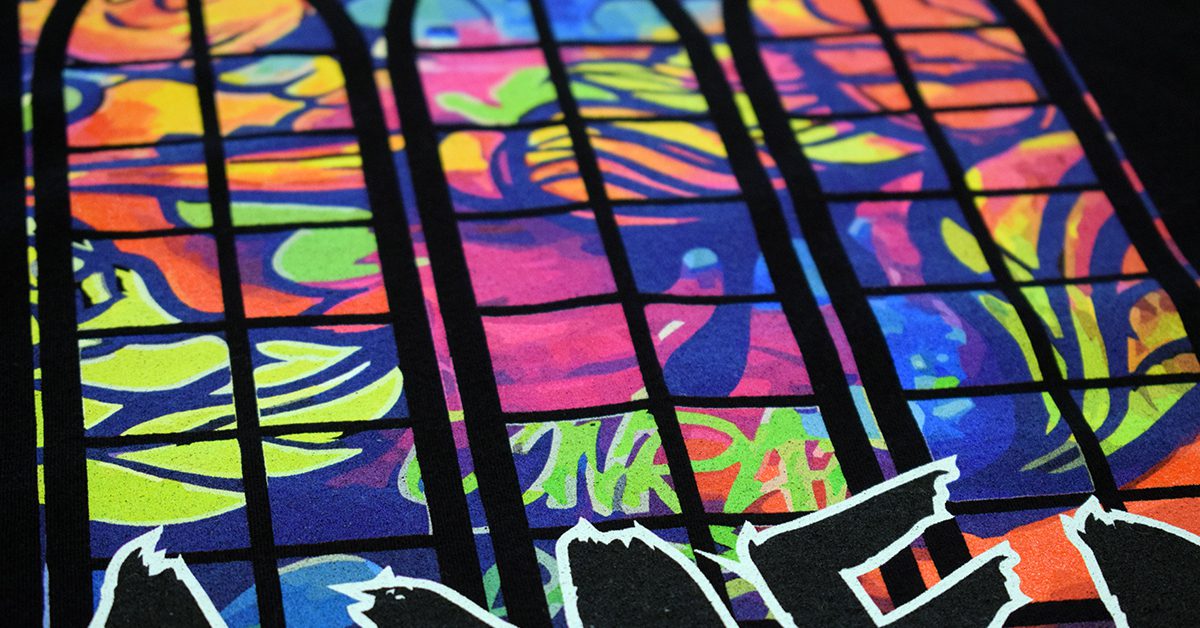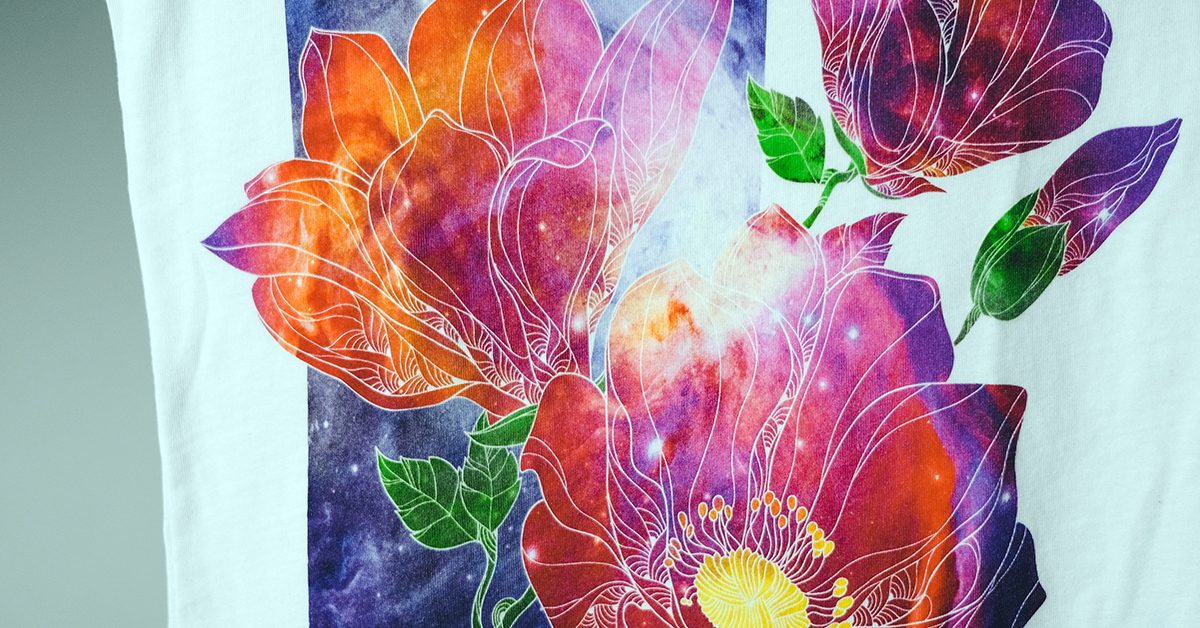Direct-to-garment (DTG) printing is a method of printing on apparel using specialized inkjet technology. This process offers advantages over traditional printing methods depending on the characteristics of the project.
The DTG process involves printing directly onto apparel with ink that’s specially formulated for the fabric. The steps involved in the process are as follows:
Step # 1: Artwork preparation
Once artwork has been submitted, it’s checked to identify and correct any issues that may negatively impact the printed result. This includes a check for compression artifacts, color profiling, and color correction to ensure that it pairs well with the selected garment color.
Step # 2: Fabric pre-treatment
Before DTG printing, the garment is pre-treated with a solution that helps the ink bond to the fabric. This is commonly done using a machine that sprays liquid onto the fabric.
Step # 3: Printing
The design is printed onto the garment using an inkjet printer that has been specifically designed for DTG printing. Specialized inks created for fabrics are used and produce high-quality prints in a wide range of colors.
Step # 4: Curing:
After the design has been printed, the garment must be cured to set the ink and make it permanent. This is typically done using a heat press, which applies heat and pressure to the garment to fix the ink in place.
Direct-to-Garment is an alternative printing process that’s relatively simple and offers advantages over other methods. Get all the details in our blog post: DTG vs Screen Printing.
Best File Types for DTG Printing
Image quality is among the most important factors in generating high-quality, custom apparel with Direct to Garment Printing. Vector files are infinitely scaleable and produce the highest quality images among the two types of images. Therefore the file types that will produce the best results are:
- .svg
- .eps
- .ai
